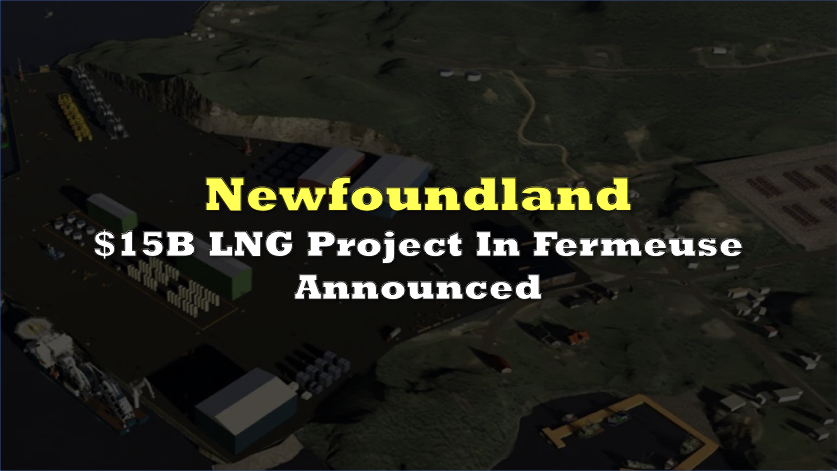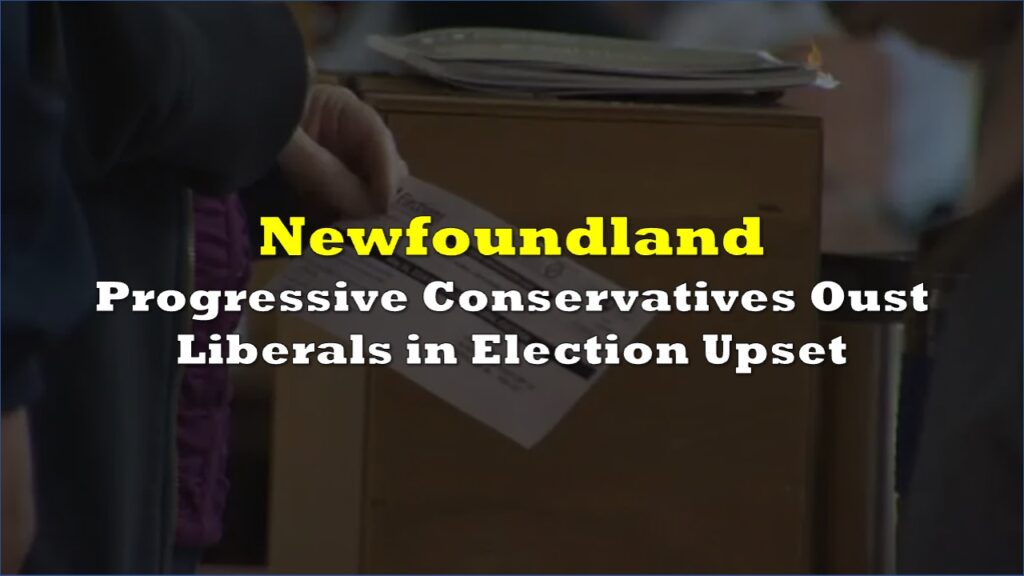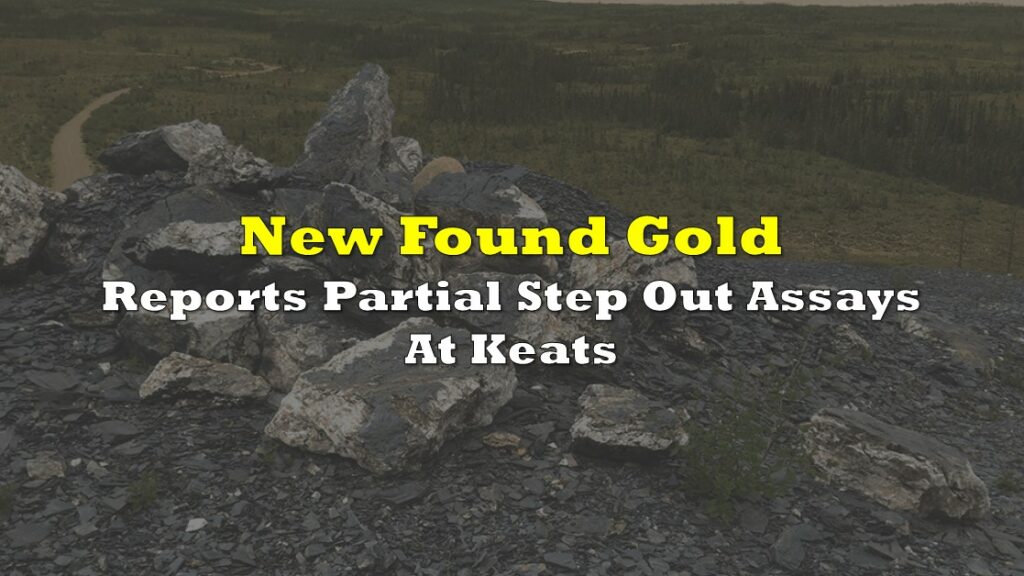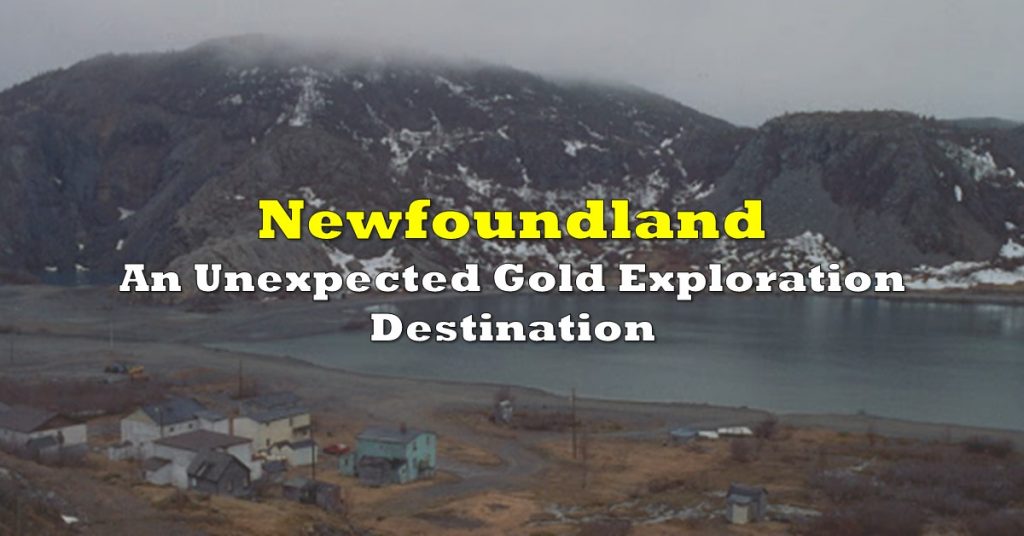Fermeuse Energy announced a $15-billion LNG project off Newfoundland, outlining a 380-kilometre pipeline from the Jeanne d’Arc Basin to a liquefaction facility in Fermeuse and targeting first exports in 54–60 months if approvals stay on schedule.
CEO Swapan Kataria credited federal policy changes under Prime Minister Mark Carney as the catalyst.
“Without that, we would not be having a conversation today,” he said, calling Carney’s moves “a momentum…to build a country.”
He said the plan will leverage the new Fermeuse Marine Base and “evolve” it into a liquefaction hub about 90 kilometres south of St. John’s.
Fermeuse pegs the accessible offshore resource at 9.7 trillion cubic feet, “about three times” the initial estimate for Nova Scotia’s Sable Island development, according to the company.
The project timeline sets 18–24 months for regulatory approvals, followed by four years of construction. He added current capital is sized for permitting and full financing would follow approvals to avoid carrying interest before cash flow.
The company says using an already approved marine supply base could save 12–18 months on environmental approvals.
Great initiative, hope it works out, a clear sign of renewed optimism.
— Heather Exner-Pirot (@ExnerPirot) September 3, 2025
But this is the very first stage of a project, no regulatory filings yet as far as I know, and probably years from an FID if it gets there. Which means years away from economic impact. There are $100 billion+…
Kataria tied the plan to Ottawa’s recent Europe push, including Carney and Energy Minister Tim Hodgson’s statement that Canada could send its first LNG shipments to Germany in “as little as five years.” He argued Fermeuse is “much easier to build…than to bring [gas] all the way from Alberta to Nova Scotia,” but adding “both need to be done.”
EU gas demand fell 17% between 2021 and 2024 as efficiency and renewables accelerated, and the EU’s affordable energy action plan aims to replace up to 100 billion cubic metres by 2030, potentially avoiding new import infrastructure.
“We’re not anticipating an increase in gas demand…Europe is already heavily oversupplied towards 2030,” said Pawel Czyzak of Ember.
However, Kataria pushed back on the demand thesis, arguing that every time somebody says that demand for gas is going to go down, “every statistic shows it has already gone up,” pointing to LNG needs across China, India, Vietnam, Indonesia, Pakistan, and Bangladesh. He also said Crown LNG “has never relied on government subsidies,” adding that “if the project cannot hold its own feet…then it doesn’t deserve to exist.”
This comes days after reports surfaced saying New Brunswick is having regular talks throughout the summer with Repsol and TC Energy on a Saint John LNG export plan.
Information for this story was found via The Energy Mix and the sources and companies mentioned. The author has no securities or affiliations related to the organizations discussed. Not a recommendation to buy or sell. Always do additional research and consult a professional before purchasing a security. The author holds no licenses.









